The disabled woman fighting euthanasia in Canada after nurses called her ‘selfish’ for living the way she did
It was an unpleasant encounter with a nurse in a remote Alberta hospital that convinced Heather Hancock that Canada’s euthanasia system was seriously out of control.
Hancock had suffered from cerebral palsy since childhood and was accustomed to bullying at school, but the treatment she received at Medicine Hat Regional Hospital was extraordinary.
A nurse was helping her to the bathroom at night during a prolonged treatment for muscle cramps in 2019 when the caregiver crossed a line into the unthinkable.
“You need to do the right thing and consider MAiD,” the nurse said, referring to the country’s medical aid program.
“You’re selfish. You’re not living, you’re just existing.”
Heather Hancock, 56, says medical teams now see her as a waste of health care money

A nurse at Alberta’s Medicine Hat Regional Hospital told her she was “selfish” for taking up hospital resources
Hancock, now 56, said she was “stunned” but stood her ground, telling the nurse her life was worth living, even though she had spent four-fifths of it in a wheelchair.
“You have no right to pressure me into MAiD,” she remembers telling her mocking caregiver.
She later complained about the nurse being removed from her care team, but she did not file an official complaint.
Health Alberta said the nurse’s comments were “completely unacceptable.”
For Hancock, it was the worst, but not the only, time her so-called caregivers advised her to end her discomfort with a lethal injection.
On three separate occasions, she was directed toward MAiD by medical personnel, she says — all after Canada began its euthanasia program in 2016.
That system has expanded rapidly.
Last year, doctors helped 15,280 people die prematurely, according to estimates obtained by DailyMail.com. That is a 15 percent increase from 2022.
Since the start of the program, approximately 60,000 people have died from MAiD. MAiD accounts for 4.6 percent of all deaths.
Physician-assisted suicide helps recipients escape the misery of cancer, heart disease and other terminal illnesses. But for Hancock and other people with disabilities, the availability of assisted suicide has changed the way they are viewed by caregivers.
“They just see me as a burden to the medical system and think my health care money could be better spent on someone who is healthy,” she says.
Hancock was born in Alberta in 1968 and lived, studied and worked for many years as a hospital clerk in British Columbia.
Her deteriorating muscle condition forced her to stop working more than ten years ago.
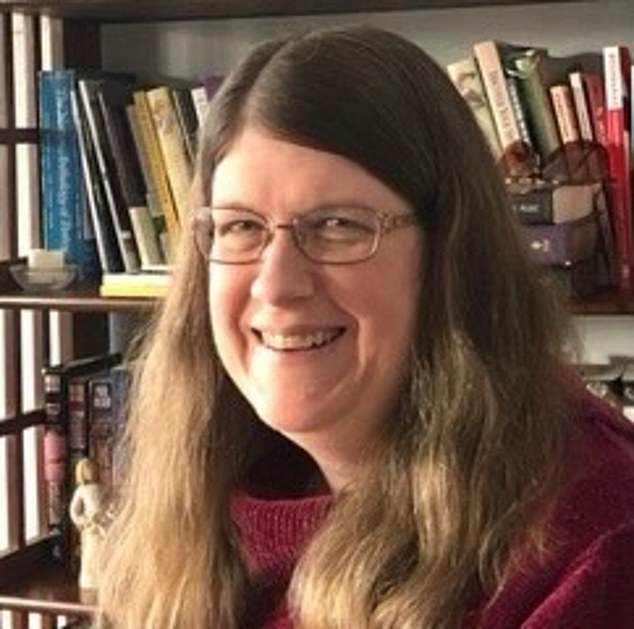
Americans should look to Canada before opening ‘Pandora’s box’ of euthanasia, warns Heather Hancock
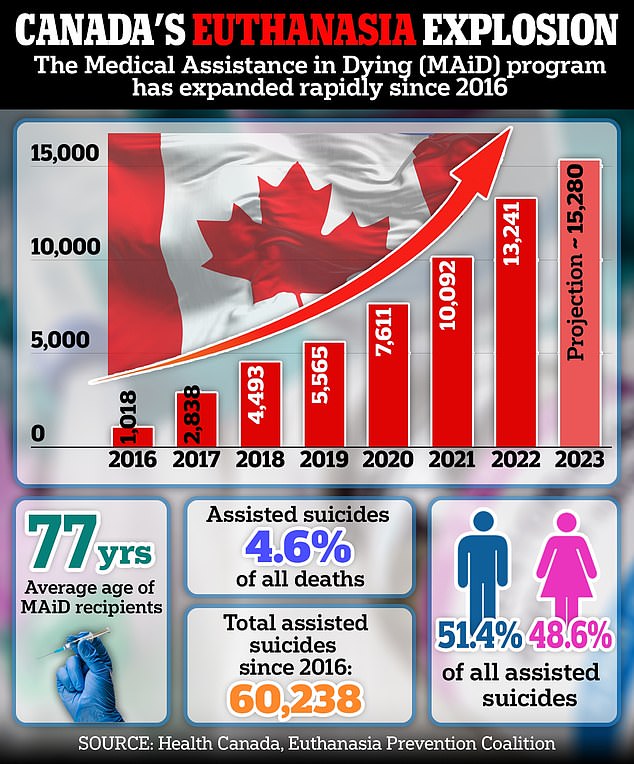
Our forecast shows that the number of euthanasia deaths will have increased by more than 15 percent between 2022 and 2023
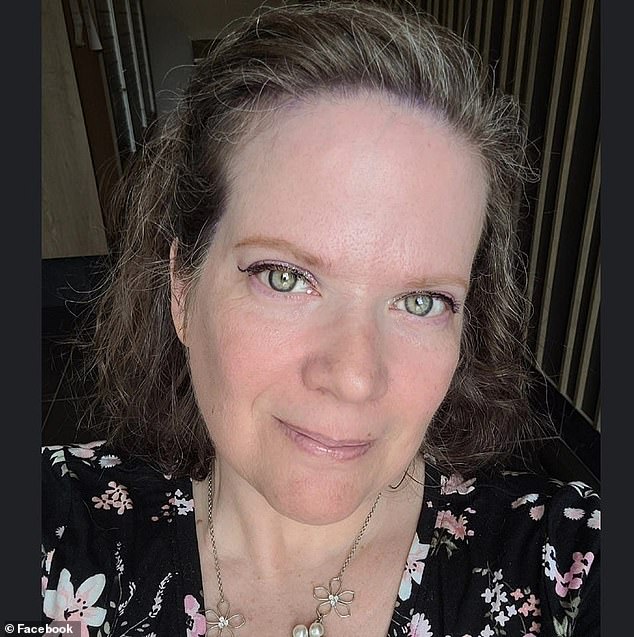
Spina bifida patient Tracy Polewczuk says nurses treat her like a ‘bag of meat’
Today she receives disability benefits and lives in a nursing home in Moose Jaw, Saskatchewan. She writes and campaigns against assisted suicide in Canada and the US.
Canada’s system is much more advanced than America’s. Recipients in 10 states and Washington can request a cocktail of medications that they take themselves, usually at home.
About a dozen US states have introduced bills this year to legalize the procedures.
The legislation in Delaware has passed both chambers, leaving Governor John Carney to ultimately decide whether to sign it into law.
“Look what’s happening in this country,” Hancock warned Americans.
“It’s Pandora’s box. Once the lid is off, you can’t control it. All the restraints disappear very quickly and your freedoms are undermined.”
Hancock is not alone: disability rights groups in both countries say MAiD makes people with disabilities even more vulnerable.
Another Canadian, Tracy Polewczuk, came forward this month about similar problems she is experiencing in Quebec.
Polewczuk has spina bifida, a birth defect that can cause weak bones, and laments the increasingly poor daily home care visits she receives in Pointe-Claire, Montreal.
“Pain sucks. We all agree. It’s horrible. I’m in pain 24/7. It never stops. I can survive that,” she told CTV News.
“I can’t survive being treated like a bag of meat.”
Polewczuk says her health care team told her on two separate occasions and without prompting that she was eligible for MAiD.
“It feels like we are being pushed towards the MAiD program instead of getting the help we need to live,” Polewczuk said.
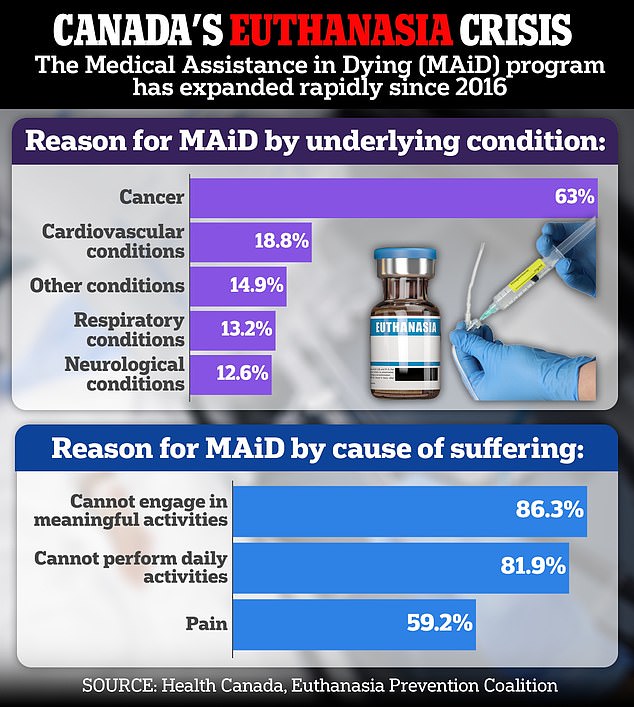
Nearly two-thirds of assisted suicide recipients in Canada suffer from cancer

Under Prime Minister Justin Trudeau’s Liberal government, Canada has repeatedly made euthanasia easier
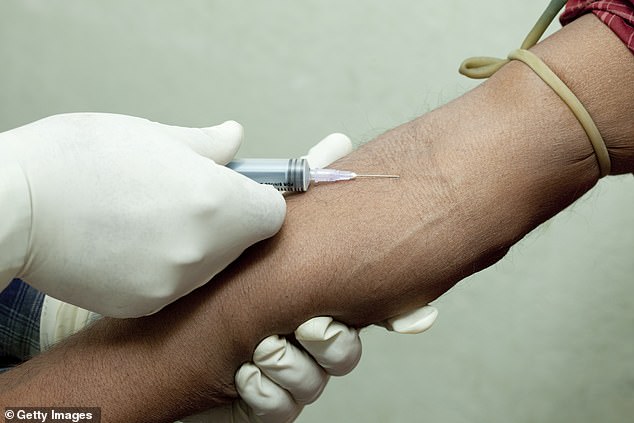
More than 99.9 percent of assisted suicides in Canada are performed by a physician
“I want to survive. I want to thrive. I want my life back. I want the opposite of what they want us to do.”
MAiD teams are present in all Canadian hospitals to offer the elderly and sick the option of euthanasia.
But nurses should not bother disabled people with the question of whether they qualify for terminal treatment, as Polewczuk and Hancock did.
“We are saddened and disgusted by Heather’s experience,” Health Alberta spokeswoman Andrea Smith told DailyMail.com.
“In Alberta, there are no circumstances where an individual should ever be pressured into doing MAiD for any reason, let alone because an individual has a disability. What happened here is completely unacceptable.”
Canada’s path to legalizing euthanasia began in 2015, when the Supreme Court declared that banning assisted suicide deprived people of their dignity and autonomy. It gave national leaders a year to draft legislation.
The resulting law in 2016 legalized both euthanasia and assisted suicide for people aged 18 and over, provided they met certain conditions.
They had to be suffering from a serious, advanced condition, illness or disability that caused them suffering and was imminently approaching death.
The law was later amended to allow people who are not terminally ill to choose death themselves, significantly increasing the number of people eligible.
Critics say the change removes a key safeguard meant to protect people who may have decades left to live.
Today, any adult with a serious illness, condition or disability can seek help with dying.
In February, officials postponed plans to expand access to MAiD for people with mental illnesses, delaying the decision until 2027.
There are also attempts to make euthanasia available to ‘adult minors’.
Euthanasia is legal in seven countries: Belgium, Canada, Colombia, Luxembourg, the Netherlands, New Zealand and Spain, plus several states in Australia.
Other jurisdictions, including a growing number of U.S. states, allow physician-assisted suicide, in which patients take the drug themselves, usually by crushing and drinking a lethal dose of pills prescribed by a doctor.
In Canada, both options are called MAiD, although more than 99.9 percent of such procedures are performed by a physician. The number of MAiD deaths in Canada has been steadily increasing by about a third each year.
